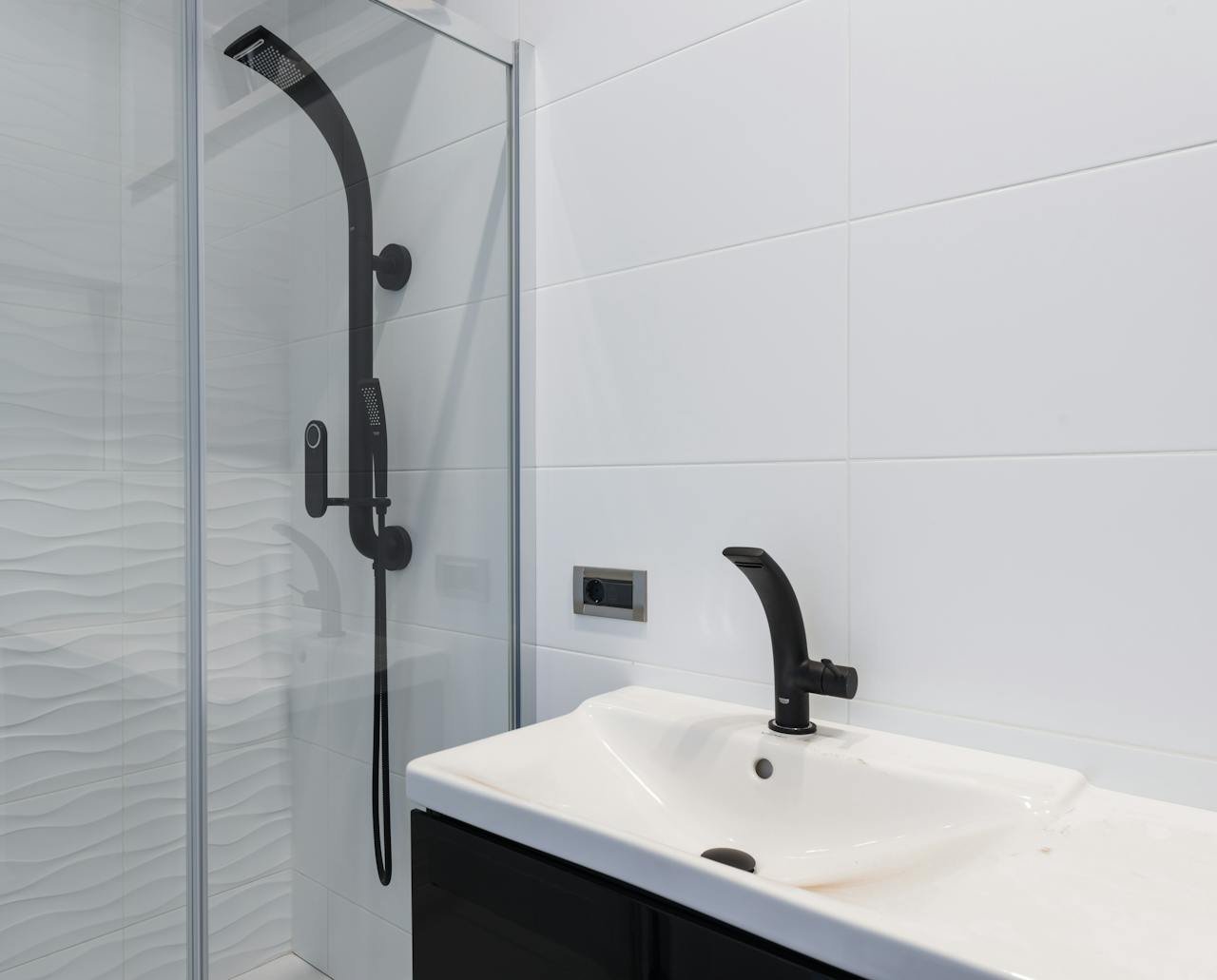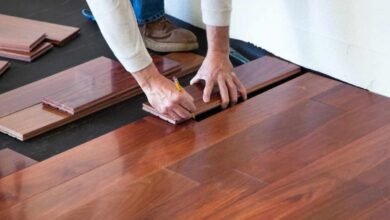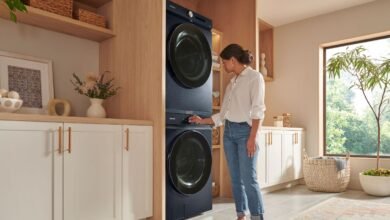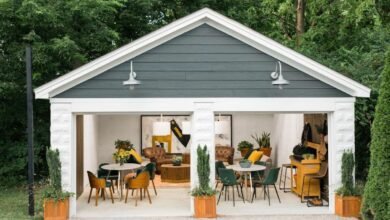Minimalism has grown popular in design, but it’s more than an aesthetic trend. It is a lifestyle choice that has a direct impact on mental health. By stripping back what is unnecessary and focusing only on what adds value, we create a space that promotes calm. A minimalist home doesn’t have to be cold or bare. Instead, it is a carefully shaped environment where every item has a purpose. Living in such spaces has been shown to lower stress, improve focus, and even help with better sleep.
Let’s explore how simplifying our surroundings can lead to a calmer and more balanced mind.
In this article
Clutter and Its Link to Stress
Research shows that people living in messy environments often have higher levels of cortisol, the hormone associated with stress. When every surface is crowded, the brain struggles to process everything at once. This sensory overload can make even simple tasks feel harder.
Think about how it feels when you walk into a messy room. You might instantly feel tension rise, even if you can’t explain why. That’s because clutter sends constant signals to the brain that there is unfinished work waiting. By reducing clutter, you immediately cut down these stress signals and give your mind a chance to rest.
Visual Calm Brings Mental Calm
Our minds respond strongly to what we see. Busy, chaotic spaces can create inner chaos, while simple and balanced environments trigger calm.
This doesn’t mean every room should be empty. Minimalism is about intention. The absence of excess allows the important details to stand out, giving your mind a break from constant visual noise.
One of the best ways to see this in practice is through design updates that simplify how a room looks and functions. For example, in bathrooms, a tub to shower conversion can replace a bulky setup with a clean, open design. This small change not only saves space but also reduces visual clutter, making the room feel lighter and more calming.
Too Many Choices and the Weight of Decision Fatigue
A home packed with items may seem convenient, but it actually adds pressure. Every extra item creates a choice. Which mug do you use? Which pair of shoes should you wear? These decisions may seem small, but psychologists call this buildup “decision fatigue.” When you spend mental energy on trivial choices, you have less energy left for meaningful decisions in work, health, and relationships.
Minimalist spaces reduce this fatigue. With fewer items, the choices are simpler. You save time, conserve mental energy, and focus on what matters. A simpler home doesn’t mean you live with less comfort—it means you live with less unnecessary noise.
How Clean Spaces Improve Focus
Clutter doesn’t only create stress. It also damages concentration. A crowded desk or a room filled with visual distractions makes it harder to stay on task. The brain is constantly shifting attention to the things around you, which weakens focus.
Minimalist environments allow your mind to settle on the task in front of you. A clean, clear desk invites deep work. A tidy living room supports calm conversation or rest. By removing unnecessary items, you reduce interruptions to your attention. Over time, this practice strengthens your ability to focus and get more done with less effort.
The Emotional Relief of Letting Go
Letting go of possessions is not only about creating more physical space. It also has a strong emotional impact. Studies have shown that people feel lighter and less anxious after decluttering their homes. Holding on to unnecessary items often ties us to the past or to feelings of guilt for not using what we own. When you donate, recycle, or discard these items, you release those emotions along with the clutter.
The process of clearing out can be challenging at first, but the payoff is significant. People often describe a sense of freedom and clarity once they finish. The space feels more open, and the mind mirrors that openness. It becomes easier to focus on the present rather than being weighed down by reminders of the past.
Sustainable Living That Brings Peace of Mind
Minimalism also aligns with sustainability, and that connection brings its own sense of calm. When you own fewer items, you buy less, consume less, and waste less. This not only helps the environment but also reduces the guilt or stress linked to overconsumption.
Environmental psychologists have found that eco-friendly choices can improve personal well-being. Living in a way that supports sustainability creates a sense of responsibility and balance. You know that your choices are making a positive impact. By practicing minimalism, you reduce both clutter in your home and the ecological footprint you leave behind. This balance often brings long-term peace of mind.
Minimalism as a Lasting Lifestyle Change
Minimalism is not meant to be a quick fix or a passing design trend. It is most effective when adopted as a lifestyle shift. This doesn’t mean stripping your home of everything you own. It means making intentional decisions about what to keep and how to arrange your space.
People who embrace minimalism long-term often find that their homes evolve with them. As new needs arise, they choose items carefully instead of adding things without thought. This practice builds resilience against consumer culture, where the constant push is to buy more. By making minimalism a lasting choice, you set up your home and your mind for a calmer, more balanced future.
Minimalist spaces affect far more than the way a room looks. They directly influence how we feel, think, and live. From reducing stress and decision fatigue to supporting healthier routines and better sleep, the benefits are wide-ranging. The act of letting go creates emotional relief, and the alignment with sustainability brings peace of mind.
The good news is that minimalism doesn’t have to happen overnight. Start with one drawer, one closet, or one room. Notice how the space feels once it is free of excess. These small steps will build momentum. Over time, they create an environment that supports focus, mindfulness, and calm. Minimalism isn’t about perfection. It’s about choosing peace of mind over clutter, and in today’s busy world, that choice can make all the difference.











